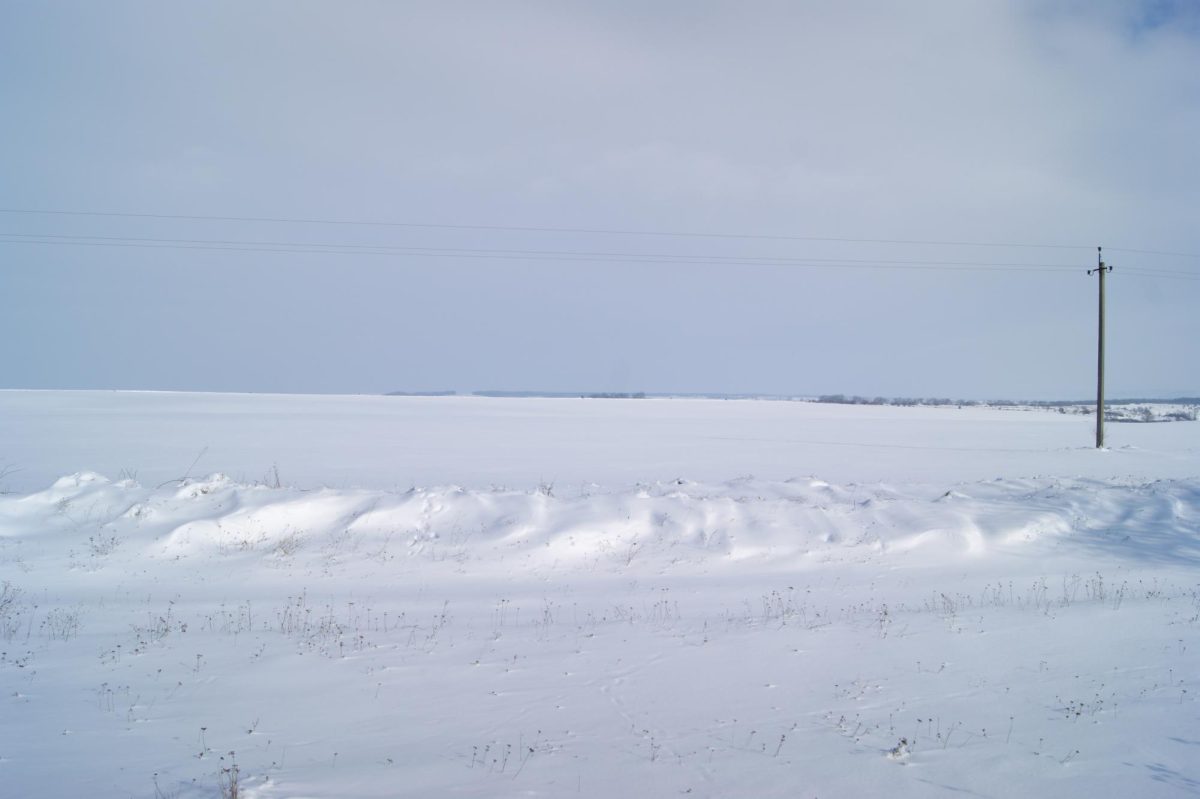In early November of 2024, the Al-Jawf province of Saudi Arabia was transformed into a white landscape after snow had fallen in the region. Scientists believe that this extremely rare phenomenon may be attributed to shifting atmospheric conditions, a product of Earth’s changing climate.
In numerous posts on social media, people have expressed their surprise at the dramatic change in scenery. Some have described it as a pleasant surprise to have snow in this part of the world, while others are worried that the event would be a precursor to worse climate phenomena to come. Officials believe that the weather could cause problems in visibility and disrupt daily activities.
Historically, the Saudi Arabian landscape is usually devoid of precipitation, whether in the form of snow or rain. The Al-Nafūd desert, part of which is located in the Al-Jawf province, is no different. According to Weather and Climate, only about 0.29 inches of rainfall is to be expected every month in the region.
As a result, the snow that recently fell throughout the region can’t be attributed to normal conditions. The Saudi National Centre of Meteorology believes that the cause of this rare occurrence can be attributed to a low-pressure system over the Arabian Sea. A low-pressure system causes moist air to rise in the atmosphere and condense into clouds, increasing the chance of precipitation. Parts of Saudi Arabia have also experienced other forms of precipitation, such as rain, hail, and thunderstorms.
The atmosphere plays an important role in regulating the Earth’s climate. Human activities, including the emission of greenhouse gasses such as carbon dioxide, have increased the amount of heat that is trapped inside the Earth’s atmosphere, raising global temperatures worldwide. As a result, much more dramatic weather changes are happening now than ever before. Warmer air can hold more moisture, allowing for more precipitation in places where it used to be arid, such as Saudi Arabia. In addition, climate change also alters ocean currents and increases the temperature of oceans. Ocean currents help redistribute heat and regulate the global climate, so changes to the currents may also alter weather patterns worldwide.
While some view the recent snowfall in Saudi Arabia as a pleasant surprise, the truth is that the event is indirectly caused by global warming, leading to changes in the weather. The effects of climate change are being felt around the world, with events like the wildfires in New York and New Jersey serving as examples. As a result, it is imperative that we continue to be aware of climate change and start to take steps to mitigate its effects on the world.














































































































































